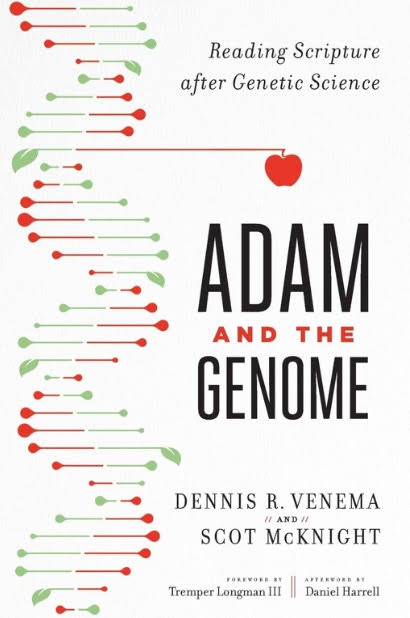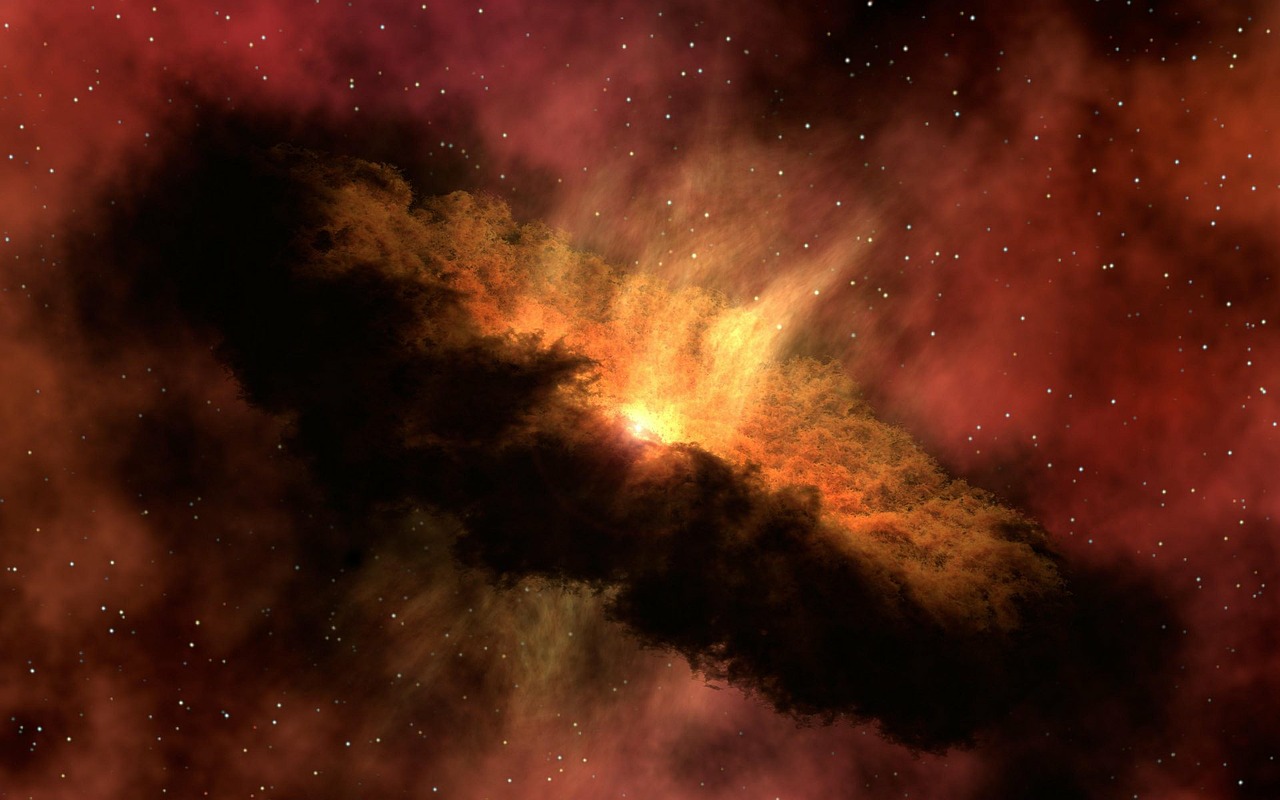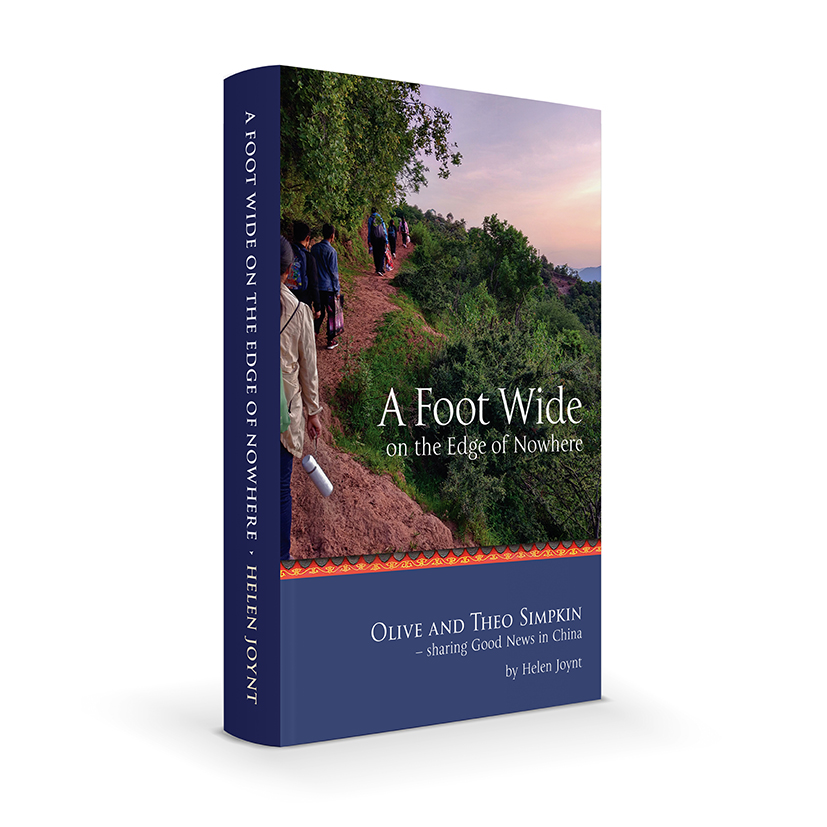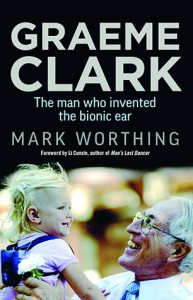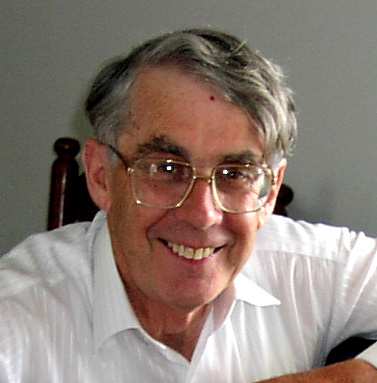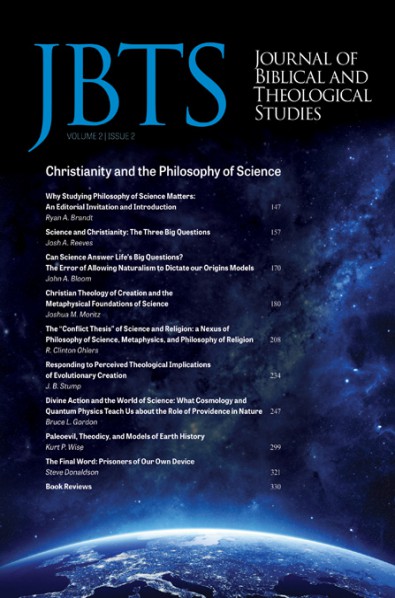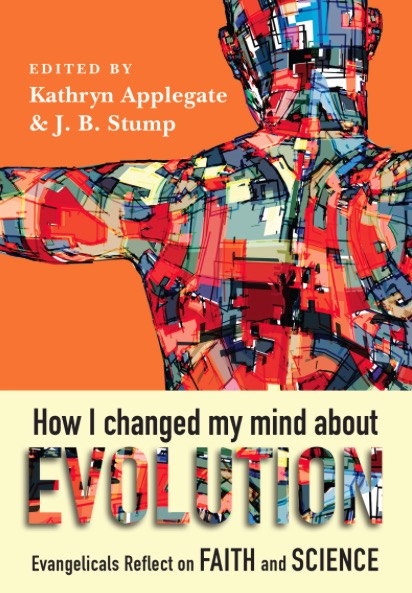


The Impact of Einstein’s Relativity on Christian Thought
John R Pilbrow, July 2005
The Impact of Einstein’s Relativity on Christian Thought
John R Pilbrow
Emeritus Professor of Physics, Monash University & Fellow of ISCAST
This paper was presented at COSAC 15-17 July 2005, Australian National University
Abstract
The purpose of this article is to expose the extent to which a representative collection of Christian writers have incorporated Einstein’s relativity into their thinking.
Key words
Time, eternity, relativity, space-time, special relativity, general relativity, cosmology, God and time, divine foreknowledge, spatio-temporal.
Introduction
2005 is the World Year of Physics-in the UK simply ‘Einstein Year’-a year of celebration in honour of Einstein’s four ground-breaking papers published in 1905 and also of his crowning achievement, General Relativity, published in 1915.
In 1990, Arthur Peacocke wrote:
Relativity theory, in its special and general forms, and, even more iconoclastically, quantum theory, together caused a complete revolution in human understanding of the physical world, the consequences of which are still to be absorbed into philosophy-and hardly yet into theology.
(Peacocke 1990 p. 30).
The purpose of this presentation is to expose the extent to which a representative collection of Christian writers-theologians, scientists and scientist/theologians (of which there are a good many these days), have incorporated Einstein’s relativity into their thinking. I have sought:
-
to identify those who addressed relativity in a consistent manner.
-
to see how relativity impacted on their thinking, if at all.
Amongst theologians, TF Torrance has championed Einstein’s views more than most. This is widely acknowledged. Torrance, however, focussed
more on Einstein’s religious views and his philosophy of science rather than on how specific ideas from relativity theory might be applied to theology.
On the whole, relativity took a back seat compared with topics such as divine action, creatio ex nihilo, creatio continua, contingency, evolution and necessary rebuttals of ‘The God of the Gaps’ (Houghton 1995 p. 64). Regarding ‘God and Time’, St Augustine was frequently mentioned.
There is not time to discuss relativism in the social sciences-a 20th Century social construct that parallels 19th Century evolutionism (see also Murphy, Ellis 1993 p. 5).
‘Relativity and Christian thought’ is the title of an article by JW Haas (Haas 1988) showing that our topic is not new. This is a historical analysis that exposes a love-hate relationship between theologians and relativity in the 1920’s and 1930’s (see also Niedhart 1988).
In this article there is only time to scratch the surface.
A brief introduction to relativity
I need to make clear I am not a relativity theorist but a spectroscopist! Many of the effects we observe in the electron paramagnetic resonance (EPR) of paramagnetic ions in solids, inorganic molecules and metallo- proteins depend on Spin-Orbit Coupling a direct consequence of relativistic quantum theory. I have taught Special Relativity to 1st year students but what I know about General Relativity comes from a lecture course and on- going reading.
Introductions to relativity in the context of Christian theology range from the fairly technical (Isham in Russell, Stoeger, Coyne 1988 pp. 375ff) to very readable accounts (Ambrose 1990, pp. 8-22, Mascall 1965).
The fundamental assumption in Special Relativity (1905) is that the speed of light [c] is constant. Also foundational is the invariance of physical laws in all inertial frames. Special Relativity explains, for example, the twin paradox, how mass increases with velocity, why moving clocks run slow and how it is that E = mc2. It requires that we must abandon classical notions of simultaneity and the container model of space.
Robert Russell (physicist/theologian) says:
Einstein took the 1st step in establishing modern cosmology. Space and time are put on an equal footing.4D space-time. With the new arena of space-time our intuitive notions of the simultaneity of events.are altered.
(Russell in Peters 1989 p. 182)
Before . Relativity, people regarded space and time as two distinct and unconnected entities… that’s the assumption that still underpins how most of us live our day-to-day life..
(Russell quoted in Stannard 1996, p. 135)
General Relativity (1915) is based on the Principle of Equivalence, that is, there is no distinction, in principle, between objects undergoing acceleration and those acted on by a uniform gravitational field. It explains many subtle effects in the cosmos-especially the three classical tests of General Relativity (the perihelion of mercury, bending of light by the sun, and gravitational redshifts of spectral lines).
(General Relativity) is a theory of gravity.Einstein took a radically new approach. Whereas the space-time geometry of special relativity was ‘flat’ (or pseudo Euclidean), in General Relativity theory, space- time is allowed to curve.
Relativity imposes:
(Robert Russell in Peters 1989 p. 182)
.a fundamental distinction between ‘time-like’ and ‘space-like’ intervals. In particular, two points in space-time are said to be ‘space- like’ separated if it is impossible to send information from one to the other. two points in space-time are said to be ‘time-like’ separated if it is possible to send information from one to the other .Since nothing can travel faster than light, it follows that whether a separation is space-like or time-like is determined ultimately by trajectories of light- beams in curved space-time.
(Isham in Russell, Stoeger, Coyne 1988 p. 390).
Linking of space and time and matter and energy are not obvious in our everyday Newtonian world. Or we say the ideas of Relativity are counter- intuitive.
I will limit my remarks to relativity and will not consider the impact of Quantum Physics.
What has been the impact of relativity on cosmology?
Current cosmological models are based on General Relativity and show that:
..(the) universe has expanded to .present state from ..Hot Big Bang, whose physics . is well understood back to the time of element formation..speculative at times earlier than that.”
(Murphy & Ellis 1996, p3).
Nothing meaningful can be said about times shorter than Planck time (10- 43 sec).
(the).universe .. expands not because the galaxies are moving but because space is expanding.
(Ambrose 1990 p. 210).
Polkinghorne notes:
When the world was not, there was no time…Augustine, .reached a similar conclusion 1500 years before Einstein .
(Polkinghorne 1986 p. 34).
It is one of the great discoveries of this century that the universe itself has a history and partakes of becoming..
(Polkinghorne 1988 p. 39)
An important matter is the future of the universe. Robert Russell asks, ‘Does the universe have an eschatological purpose?’ (Robert Russell in Peters 1989 p. 201). Or what kind of future is there? Ted Peters has responded as follows:
Big bang cosmology. .opened the window within science toward transcendent creation in the past while apparently closing the window to redemptive eschatology for the distant future.
(Peters 2003 p. 6)
..(in) the standard Big Bang model-there is no everlasting future to intelligent living beings or even to the laws of nature as we know them.. Whether fried or frozen all life will end. .There is only curved space-time dimension,.
(Peters 1989 p. 53).
I shall take as read the existence of ‘An Arrow of Time’. This is implied by Big Bang Cosmology, irreversible thermodynamics and our physiological- cum-psychological experience of time. (Hawking 1988 p. 152; see also Sexl in Doncel et al 1987 p. 385, Ambrose 1990 p. 196).
What about the impact of relativity on Christian theology?
Scientist turned theologian Alister McGrath notes:
One of the most dramatic changes in recent scientific culture has been Albert Einstein’s theory of relativity, . Yet many theologians were unwise enough to assume that Newton’s ideas, were permanent features of the intellectual landscape, and based their theologies upon them.
(McGrath 2004 p. 29, see also McGrath 2004 p. 28).
McGrath follows Torrance in seeking to define theological science:
It is now widely agreed that the observable universe had a beginning. Yet that brief statement may well be judged to raise far more questions than it answers..deeply religious questions which are raised by modern cosmology.
(McGrath 1998 p. 40).
Yes indeed!
Mark Worthing has this to say:
By 1921. it was clear that Einstein’s theories were making a significant impact in the fields of philosophy and theology. relativity has made it impossible to think in terms of absolute time, and subsequently, in terms of simultaneous or sequential events as we did before.
(Worthing 1996 p. 25-26).
This would seem to be at odds with Peacocke’s observation previously noted and ‘Relativity and Christian thought’ by Haas. Worthing continues:
While many physicists, at least initially, seemed uncomfortable (with the Big Bang)., not a few theologians found in the emerging view of a nonstatic universe with a seemingly definite beginning a greater compatibility with the idea of a Creator God who providentially governs the world.
(Worthing 1996 p. 28)
A broader task for theology was laid down by TF Torrance:
We need to rethink the essential basis of Christian theology in the relation of the Incarnation to space-time, and to think completely away the damaging effects of a deistic relation between God and the universe.
(Torrance 1969 p. 59)
Any attempt to explicate knowledge of God outside of or apart from those structures of space and time (that God created) is inevitably and essentially irrational. It is only from within the universe and through the medium of its contingent realities that we may articulate the knowledge God gives us of himself.
(Torrance quoted in Worthing 1996 p. 201)
These are fine-sounding words but did Torrance and/or others really succeed in embedding their theology in space-time? I remain somewhat sceptical.
The most pessimistic comment I found regarding the relevance of relativity to theology was due to physicist, Chris Isham.
What can these new scientific ideas on creation contribute to the theological archive of metaphysical wisdom? I suspect that the honest answer is ‘not very much’.
(Isham quoted in Worthing 1996 p. 107)
In addition to dangers inherent in attempting to link our Theology too closely to any particular cosmological model, we should not attempt to constrain Biblical chronology into ‘the scientific chronology’ (Peters 1989
p. 58-59). And this applies equally to creation narratives and eschatology.
In particular, regarding Genesis 1-2, 4a and Big Bang Cosmology with t=0, Russell, Polkinghorne, Peters and others caution against trying to find the wrong kinds of links. Or put another way, Murphy and Ellis warn that:
.people repeatedly try to extend the conclusions of physical cosmology to areas it cannot handle.
More plausible misconceptions have also repeatedly clouded the discussion. These are the use of the Big Bang theory in Christian apologetics, and the corollaries of this argument: the idea that either the Steady State theory or the Hartle-Hawking no-boundary proposal leave no role for God. These arise from confusion of the scientific idea of a beginning with the concept of ultimate causality.
A priori, any of the possible ultimate causes could be compatible with any of these modes of realization of a physical universe. In essence this truth has been known since the time of St Augustine.This qualification does not mean. in terms of ultimate causation or metaphysics nothing can be gained from cosmological studies.
(Murphy, Ellis 1993 pp. 62-3)
These conclusions are supported by Polkinghorne when he says, ‘theology could have lived with either .Big Bang or Steady State Theory’ (Polkinghorne quoted in Worthing 1996 p. 116).
In the light of these considerations it is worth noting, as Ernan McMullan has put it:
the doctrine of creation is not an explanation of cosmological beginnings at all, but an assertion of the world’s absolute dependence on God in every moment.
(Barbour quoting McMullan in Russell, Stoeger, Coyne 1988 p. 35)
How do we understand God and time, God’s foreknowledge etc? Here are three typical statements. John Houghton (physicist) says:
Theologians and philosophers have for centuries struggled with the problem of how God is related to time. they have differentiated between God outside time and God within time.
(Houghton 1995 p. 130, Ambrose 1990 p. 207)
. scientific thinking since Einstein has recognised that time is relative, in the sense that it can be different for different observers, none of that has removed the vital difference between ‘before’ and ‘after’ in any given framework or the reality of cause preceding effect.
Mascall (theologian from a former generation) says:
(Houghton 1995)
. even when we describe creation as a continuous act of God, this does not mean that God himself is in time . Time is the condition of existence of creatures, not of God.
(Mascall 1996 p. 135)
Pannenberg, a theologian who is keen to promote dialogue between theology and science, comments:
. absolute space and absolute time, which the theory of Relativity denies, were no longer the absolute space and absolute time of Newton conceived as the expression of the presence of God in creation.
Regarding God’s foreknowledge, Nancey Murphy says:
(Pannenberg 1993 p. 63-4)
I don’t think that the changes in science made much difference to our view of God’s foreknowledge. We have always claimed that God is in some sense outside of time or beyond time. God is in some sense present to the whole of time, however we describe that in physical terms.
All is not plain sailing. For example:
(Murphy quoted in Stannard 1996 p. 138)
A traditional understanding of God in relation to time is that God knows the future. This has never been an easy doctrine to accept. How can God know the future, it is argued, when I for one have not yet made up my mind what I’m going to do next? . what if .the future in some sense does exist on an equal footing with the present.
(Russell quoted in Stannard 1996 p. 136-7)
If the future does not yet exist for God, any more than it does for us, there is no question of God seeing ahead what the future is going to be, even though he can still have purposes to implement in that forthcoming future.
(Peacocke 1990 p. 130)
Or ‘The future is not already implied by the present.’ (Polkinghorne 1993 p. 30)
A different slant is offered by John Houghton who notes:
. as a human being, Jesus, before his resurrection, was clearly subject to the limitations of space and time . he possessed remarkable insights and . hints that on occasions he had a clear view of future events-death, Peter’s denial-other occasions when he expressed ignorance of the future or prayed for it to be changed.”
(Houghton 1995 p. 131)
A possible perspective in space-time that includes God is suggested by Polkinghorne:
. time is being assimilated to space, so the complete history of the universe is thought of as laid out on a 4D space-time map for instant perusal by God. . Space-time maps are . chunks of frozen history.
Quotes Einstein (c. 1955) ‘for us convinced physicists, the distinction between past, present and future is an illusion, though a persistent one’.
(Polkinghorne 1993 p. 77)
There is no particular difficulty envisaging God as outside space and time (in some superdimensions if you wish to be prosaic in your imagining) ‘looking down’ on the whole evolution of the universe laid out before him.
Russell comments here:
(Polkinghorne 1986 p. 34)
Relativity says there’s no unique meaning to ‘the present’. That would be inadequate to my experience of genuine openness, of freedom, of novelty and of moral agency.
Finally, Polkinghorne argues:
(Russell quoted in Stannard 1996 p. 138)
there is in fact a natural time to use in speaking of God’s experience of creation. It is cosmic time, defined with respect to the overall structure of the world, that natural frame of reference that cosmologists use when speaking of the current age of the universe.
(Polkinghorne 1993 p. 82-3)
That is, when we say the universe is “‘ 15 billion years old, we are using everyday units of time.
In summary here, there is no complete agreement about how we understand God’s being out of time and yet having to interact with it, especially within a conception of space-time.
How are time and eternity understood?
Several writers have wrestled with time and eternity in the light of Relativity. I give two examples:
Is there any positive relation conceivable of the concept of eternity to the spatiotemporal structure of the physical universe? . It is unavoidable if the reality of God is to be related in a positive way to the mathematical structure of the spatiotemporal world of nature.
(Pannenberg 1993 p. 18)
Eternity has been interpreted traditionally as timelessness. But this contradicts the Christian hope for resurrection. eternity certainly means unlimited presence.
(Pannenberg 1993 pp. 24-5)
. the great symbol of the ascension of Christ is that in him humanity is taken into the divine nature. As part of that mystery the Eternal accepts the experience of temporality.
Mark Worthing provides a necessary corrective:
(Polkinghorne 1986 p. 34)
. (the) biblical and Christian concept of eternity is not equivalent to those of classical philosophy or science, both of which have tended to limit the idea of eternity to an unending extension of space-time processes.
I give Robert Russell the final say:
(Worthing 1996 p. 178)
. passing of time does apply. Two standard views of eternity . unending time or timelessness . God’s time which we call ‘eternity’ is more complex.
(Russell quoted in Stannard 1996 p. 156)
Pannenberg directly acknowledges the spatiotemporal world when speaking of eternity but here and elsewhere I could not discern a clear logical link to relativity.
Conclusions
It is without doubt that Relativity has withstood rigorous testing in the 20th Century and the implications of the linking of space-time and matter- energy into our modes of thought cannot be ignored either inside or outside of physics and cosmology.
Is Peacocke’s 1990 observation still valid? Substantially, yes, because I do not yet see consensus regarding embedding modern theology in the arena of space-time. Perhaps it cannot be achieved?
My conclusions are:
-
(WEAK IMPACT) Relativity impacts theology whenever theologians refer to it. All authors I have referred to have written intelligibly about Relativity. Many tended to be somewhat tentative, even speculative, regarding how it impacts on their theology, even when they tried to take the next step.
-
(MODEST IMPACT) Relativity impacts theology whenever there is reference to God, God and Time, Time and Eternity etc. in the context of space-time.
I have reported a few examples that indicate how Relativity may have impacted on our understanding of time in theology, something which Augustine grappled with so long ago. However, much of the discussion regarding God, God and Time and God’s foreknowledge, could, I suggest, have involved no reference to Relativity at all!
Pannenberg (and others) discuss both God and space and God and time. However, most writers after they have mentioned space-time tend to focus on God and time.
-
(INDIRECT IMPACT) Relativity impacts theology whenever the primacy of General Relativity in underpinning credible Cosmological models is acknowledged.
Of course I referred only to authors who accepted Big Bang cosmology. All of them universally recognised the dangers of tying their theology too closely to particular scientific models currently in vogue.
Church History shows that when new paradigms begin to be adopted, there is often great controversy-witness Galileo’s difficulties as he embraced Copernican cosmology. In due course central ideas from Relativity and Modern Cosmology will eventually find their way more universally into theology and philosophy but it may take time.
Relativity, coupled with Quantum Mechanics and modern field theories, continues to challenge our grasp of physical reality at the deepest level. We should expect it to have something to say about time and eternity, important in Christian theology and I look forward to seeing how it all unfolds in the future. We should not be too distressed that there are not yet final answers. It will always be important to raise important questions-for that is one of the tasks of both good science and good theology.
References
Ambrose, EJ, 1990, The mirror of creation, Scottish Academic Press, Edinburgh.
Doncel, MG, Hermann, A, Michel, L and Pais, A, 1987, Symmetries in physics (1600-1980), Proceedings of the 1st International Meeting on the History of Scientific Ideas, Catalonia, Spain 20-26 September 1983. Bellalterra (Barcelona) Spain. (This contains significant historical informationregarding the roles of Einstein, Hilbert and Emmy Noether in establishing the equations of General Relativity.)
Haas Jnr, JW, 1988, ‘Relativity and Christian thought: The early response’, Perspectives
40(1) (March 1988):100-118 www.aas3.org/ASA/PSCF-3-88Haas.html
Haught, JF, 1981, The cosmic adventure: Science, religion and the quest for purpose,
Paulist Press, NY.
Hawking, SW, 1988, A brief history of time, Guild Publishing, Avon, UK. Houghton, JT, 1995, The search for God, Lion, Oxford.
Mascall, EL, 1965, Christian theology and natural science:Some questions on their relation, Archon Books, London.
McGrath, AE, 1998, The foundations of dialogue in science and religion, Blackwell Oxford. McGrath, AE, 1999, Science and religion: An introduction, Blackwell, Oxford.
McGrath, AE, 2004, The science of God: An introduction to scientific theology, T&T Clark, Edinburgh.
Murphy, N, Ellis, GFR, 1996, On the moral nature of the universe: theology, cosmology and ethics, Fortress Press, Minneapolis.
Niedhart, WJ, 1988, ‘Einstein and Torrance’ Perspectives 40 (Sept 1988): 191-192
www.asa3.org/ASA/PSCF/1988/PSCF9-88Neidhardt.html
Niedhart, WJ, 1989, ‘Thomas F Torrance’s integration of Judeo-Christian theology & natural sciences: Some key themes’, Perspectives 41 (June 1989): 87-98; www.asa3.org/ASA/PSCF/1989/PSCF6-89Neidhardt.html
Pannenberg, W, 1993, Toward a theology of nature, Westminster/John Knox, Louisville, Kentucky (collected by Ted Peters)
Peacocke, A, 1990, Theology for a scientific age: Being and becoming-natural and Divine, Blackwell, Oxford.
Peters, T, Ed. (1989) Cosmos as Creation, theology & science in consonance, Abingdon Press, Nashville
Peters, T, 2003, Science, theology and ethics, Ashgate, Aldershot, UK.
Polkinghorne, JC, 1986, One world: The interaction of science and theology, SPCK, London. Polknghorne, JC, 1988, Science & Creation: The search for understanding, SPCK, London. Polkinghorne, JC, 1993, Science & providence: God’s interaction with the world, SPCK
London.
Russell, RJ, Stoeger, WR, Coyne, GV, 1988, Physics, philosophy and theology: A common quest for understanding, Vatican Observatory, Vatican City State
Stannard, R, 1996, Science and wonders: conversations about science and belief, Faber and Faber, London.
Torrance, TF, 1969, Space, time and incarnation, Oxford University Press, London. Torrance, TF, 1985, Reality & scientific theory, Scottish Academic Press, Edinburgh. Worthing, MW, 1996, God, Creation and contemporary physics, Fortress Press,
Minneapolis.
